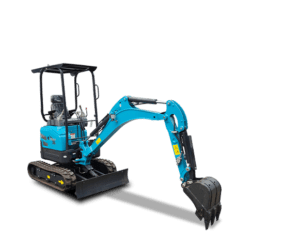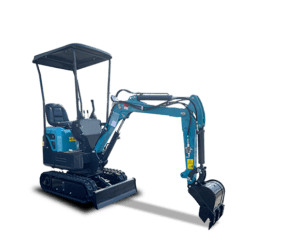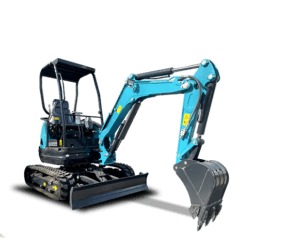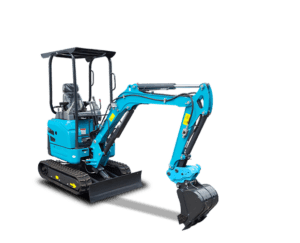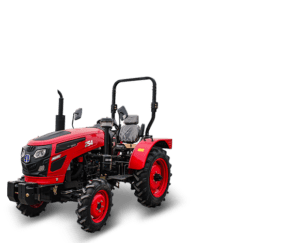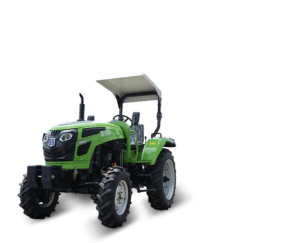شركة شاندونغ تشيلو الصناعية المحدودة
مصمم ومصنع عالميًا للحفارات واللوادر والجرارات الزراعية
فئات المنتجات آلات qilu
نوفر لك حلاً معقولاً
شركة Shandong Qilu Industrial Co. ، Ltd. هي شركة مصنعة ومصدرة محترفة تدمج تطوير وإنتاج الحفارات الصغيرة واللوادر والجرارات. نحن نقدم أفضل خدمة ، بالتأكيد.
خدمة ما بعد البيع
مراقبة الجودة
معلومات عنا
تشغيل فيديو Qilu
ODM / OEM / البيع بالجملة
تشغيل فيديو المنتج
حفارة / جرار / محمل
متخصص في
حفارة / جرار / محمل
نحن منتجون ومصدرون محترفون ندمج تطوير وإنتاج الحفارات والرافعات والجرارات.
عملية عرض الفيديو
على YouTube ، لدينا مقاطع فيديو لتعليقات العملاء ومقاطع فيديو لنماذج مختلفة من الحفارات والجرارات واللوادر. كل ما هو معروض على موقع يوتيوب.
معلومات مميزة
اختيار الجرار المناسب لمعدات المزرعة
إن اختيار معدات الجرارات الزراعية المناسبة يعني فهم المهام والتضاريس ودورة الإنتاج والأهداف طويلة المدى.
التطبيقات الأساسية للحفارات في المناجم
يشمل استخدام الحفارات في المناجم الحفر والتحميل والنقل بكفاءة، مما يعزز الإنتاجية في عمليات التعدين.
ملحقات الجرارات: دليلك الشامل
تعتبر ملحقات الجرارات أكثر من مجرد ملحقات، بل هي استثمارات في الكفاءة والمرونة والادخار على المدى الطويل.
اتصل بنا اليوم!
اي سؤال او اقتباس او استفسار؟ انقر فوق الزر لإرسال رسالة.
سوف Qilu Industrial دائمًا هنا للمساعدة.










